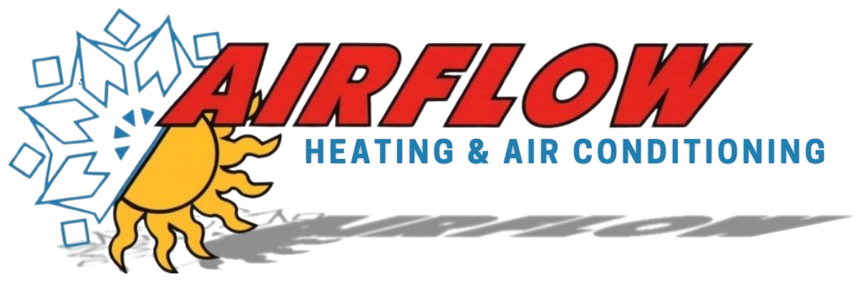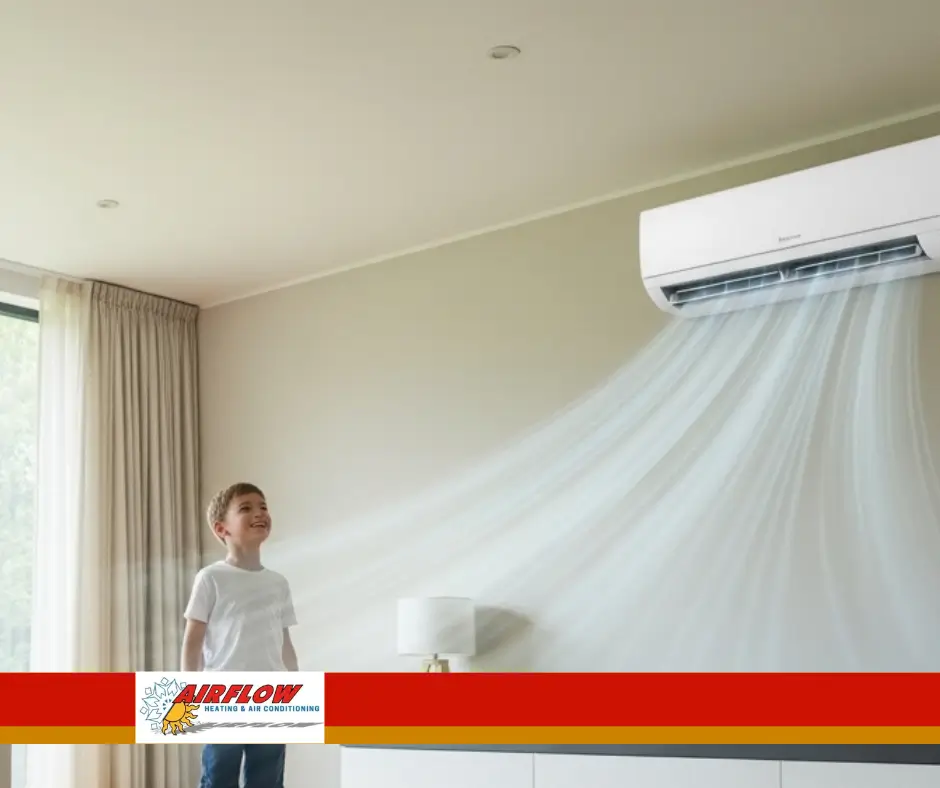When homeowners think about air conditioning repair, they often focus on issues like refrigerant leaks or malfunctioning compressors. But there’s another small but mighty culprit that can wreak havoc on your system: a clogged AC drain line. It may seem like a minor problem, but a blocked drain line can significantly impact your AC’s performance and your home’s comfort. Let’s take a closer look at why this happens and what you can do to prevent it.
1. The Role of the AC Drain Line
Your air conditioning system does more than just cool the air—it also removes humidity. The moisture pulled from the air turns into condensation, which is carried away from the unit through the drain line. This keeps your AC system working efficiently and your home dry.
2. The Impact of a Clogged Drain Line
When the drain line becomes clogged, water backs up into the system, creating a host of problems that can eventually require professional air conditioning repair.
Reduced Efficiency
A blocked drain line prevents your AC from effectively removing humidity. This can make your home feel warmer and stickier, forcing your system to work harder to maintain a comfortable temperature. As your AC strains, it uses more energy, which means higher utility bills.
Frozen Evaporator Coils
Excess moisture in the system can cause the evaporator coils to freeze. Frozen coils reduce the system’s ability to cool your home and can cause the unit to shut down entirely, requiring immediate air conditioning repair.
Water Damage
As water overflows from the condensate pan, it can leak into your home’s walls and ceilings. This damage can be expensive to fix and may lead to mold growth, which poses health risks.
3. Signs of a Clogged AC Drain Line
Watch out for these warning signs that your drain line might be clogged and your AC’s performance is suffering:
- Water pooling around your indoor unit.
- Musty or moldy smells near your AC system.
- Sudden shutdowns of your AC system.
- Inconsistent cooling and increased indoor humidity.
4. Preventing Drain Line Clogs
Regular maintenance is the key to avoiding this common issue. Here’s how to keep your drain line clear and ensure your AC is working at its best:
- Change Your Air Filter: Dirty filters let dust and dirt enter the system, increasing the chance of clogs. Replace them every 1-3 months.
- Use Algae Tablets: Drop these in the condensate pan to stop algae and mold growth.
- Clear the Drain Line: Use a wet/dry vacuum or a gentle flush with vinegar to remove minor blockages before they become major issues.
- Professional Maintenance: Schedule an annual check-up with an air conditioning repair expert to catch and fix problems early.
The Importance of Professional Help
While DIY maintenance is helpful, there are times when calling in the pros is your best bet. If your AC is shutting off repeatedly, leaking water, or you suspect a clogged drain line, a professional can safely diagnose and resolve the issue. Experienced air conditioning repair technicians have the tools and expertise to prevent further damage and get your system back to top performance.
Final Thoughts
A clogged AC drain line might not seem like a big deal, but it can seriously affect your air conditioner’s performance and your home’s comfort. By staying alert for the warning signs and keeping up with maintenance, you can avoid expensive air conditioning repair bills and enjoy a cool, comfortable home all summer long. If you suspect your drain line might be clogged, don’t wait—call in a trusted HVAC professional to keep your system running smoothly.
READ MORE:





